Is your drinking taking a toll on your mental health?
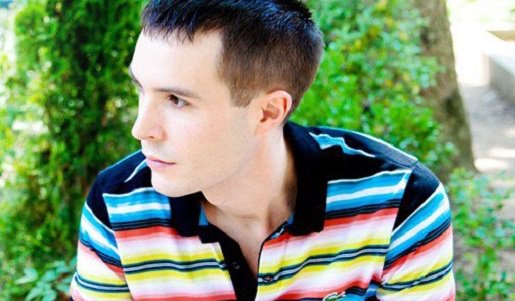
Let’s Talk About Gay Sex & Drugs – Mind
The biggest factor affecting my mental health is my relationship with alcohol.
Last Monday, I went to a birthday dinner with friends, enjoyed several glasses of wine throughout the evening, and then took the bus home. That was a good night. But other nights there’s been a hidden tripwire where enjoyment becomes annihilation. Suddenly the most important aim is to get to the bottom of my glass, solely so that I can get another drink. Repeat until complete control of the self has been relinquished.
And that’s when you wake up in either a friend or a stranger’s bed who may, or may not, be able to piece together the blackout. Kissing seems to be a perennial preoccupation of mine when annihilation-level wasted: probably because when I was younger going to gay clubs intertwined getting drunk with the possibility of sex. Cue receiving a work colleague’s “thanks for the great kiss” text after a Christmas party that you stare at in horror with no recollection.
Sometimes there’s a perverse humour to being an occasional heavy drinker: telling an acquaintance you had “a couple of drinks” last night, when you actually polished off two bottles of Chardonnay. And you naturally surround yourself with friends who don’t know, and have no inclination to discover, what a unit is. When one of my uni friends was advised to stop drinking after beginning to cough blood, he compromised by turning to red wine.
I suppose my saving grace is that I am not a frequent heavy drinker. There can be weeks between my benders where I use alcohol (fairly) responsibly: I can wake up and remember all of what happened, know that I had a good time and didn’t get embroiled in social humiliation. The trouble is when the drinking devil rises from your mind’s lair, and begins whispering insidious nothings like: “maybe a round of Sambucas is a good idea.”
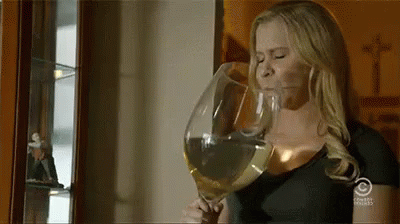
And, funny as it sometimes seems, that’s what makes me uneasy. Where do these demons dance from and can I hope to control them, or am I an addict? I’ve given up alcohol for various periods in my life, including two Dry Januarys, and found it easy enough. But these times of abstinence have often been inspired by blackout benders where I’ve thrown my self-worth to the Soho winds and woken next to a man who I don’t find attractive – or tried to kiss somebody who doesn’t find me attractive. Which generally is most people when I can’t string a sentence together.
When I think of drinking, I think of a pleasure shared with friends. There are few bonds more immediate than travelling to another plain of consciousness together, glass by glass. And as the warmth of the alcohol flows through your veins, so too does the greatening feeling of trust. Then you’re in that 4am confessional period, you’ve lain aside your hardened London armour, presented your fears like newborns mewling, and your friend has cradled them with care.
There’s a lace of beauty about that intoxicating connection. Yet there are elements in my heritage that predict problematic drink use. As a little boy, one of my earliest memories is my Irish Dad coming home smelling of beer, laughing inexplicably, red-faced. He never got angry, and neither am I an angry drunk. But if he’d cut back on the booze maybe he wouldn’t have died at 69 – and sometimes, in a selfish way, that makes me angry. Because I miss him greatly.
My own drinking followed a well-trodden trajectory: teenage bottles of vodka in parks, the thrill of being served underage in Bristol pubs, the tribal rituals of uni drinking, until I graduated to the great, glittering gay scene of Soho. And here my drinking became noticeably problematic. Because although I appreciated that gay culture tended to revolve around the bottle, I found it complex and hard to make friends. So for the first time, I drank to relieve social awkwardness.
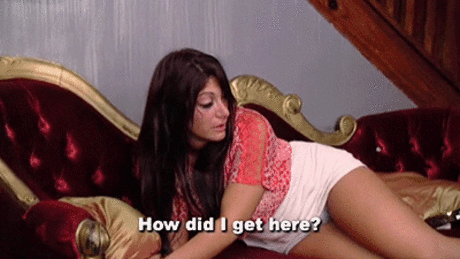
When I was 22, my youthfully preconceived notions about masculinity didn’t help me to integrate into Soho’s flamboyance. But I also feel there is a real lack of meaningful connection between some gay men. It might rise from growing up gay in a straight man’s world, and may be wrapped in the creeping vines of low self-esteem. And where some may use alcohol as a salve, other drugs can give you a stronger-seeming bond quicker: mephedrone, G, crystal meth.
As a writer, there’s a beguilement to the legendary hedonist myths: Dylan Thomas, Ernest Hemingway, Arthur Rimbaud. Even poor old Jeffrey Bernard. But Dylan Thomas died of alcoholic brain poisoning, Hemingway shot himself and Rimbaud had stopped writing by 24. I read an interview with Bernard shortly before he died, after he’d had to have his leg amputated, and they asked him what it was like not drinking? “Awful, boring, miserable, lonely.”
I don’t want to end up like that. But alcohol is a pivotal part of mine and my friends’ culture. And it almost seems like all the Twelve-Step and AA groups out there say there’s no option but to stop. Before that, my biggest mental health challenge is to try and moderate my drink.
‘Let’s Talk About Gay Sex & Drugs – Mind‘ is at Ku Klub, 30 Lisle Street, WC2H 7BA on Thursday 12th May from 6.30pm. Free entry, and all welcome, whether to speak or listen. Featured speakers on the night include:
Matthew Todd, editor of Attitude

Ahead of the release of his new book How To Be Gay And Happy we’re delighted to have long-standing supporter of the night Matthew Todd speak about gay men and mental health at our May event.
Matthew Hodson, presenting an excerpt from the Chemsex Monologues
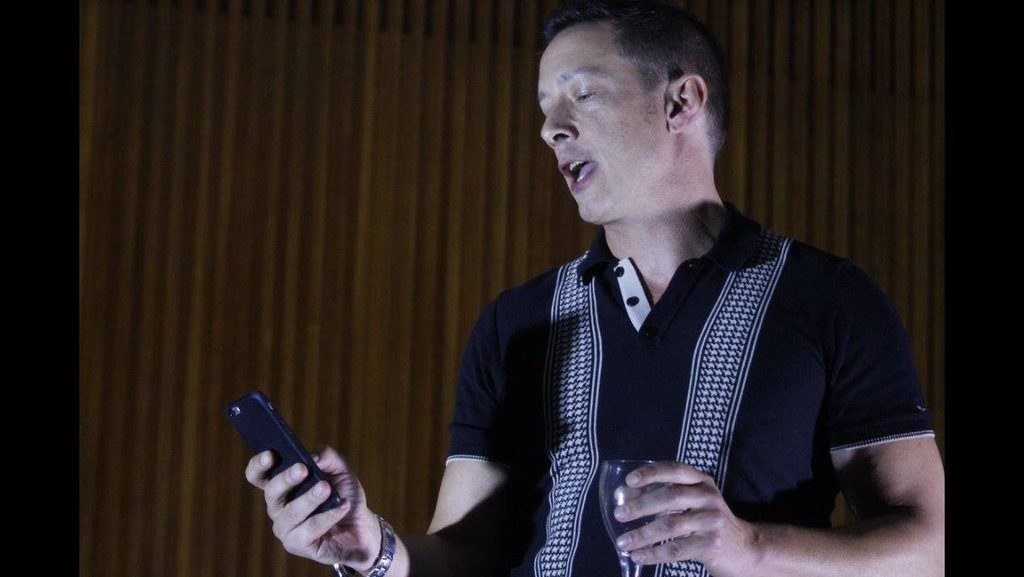
Performer Matthew Hodson presents an excerpt from ‘Daniel the Sexual Health Worker’, taken from new play The Chemsex Monologues, coming to the King’s Head Theatre from May 17th-21st.
Lord Hicks, musician
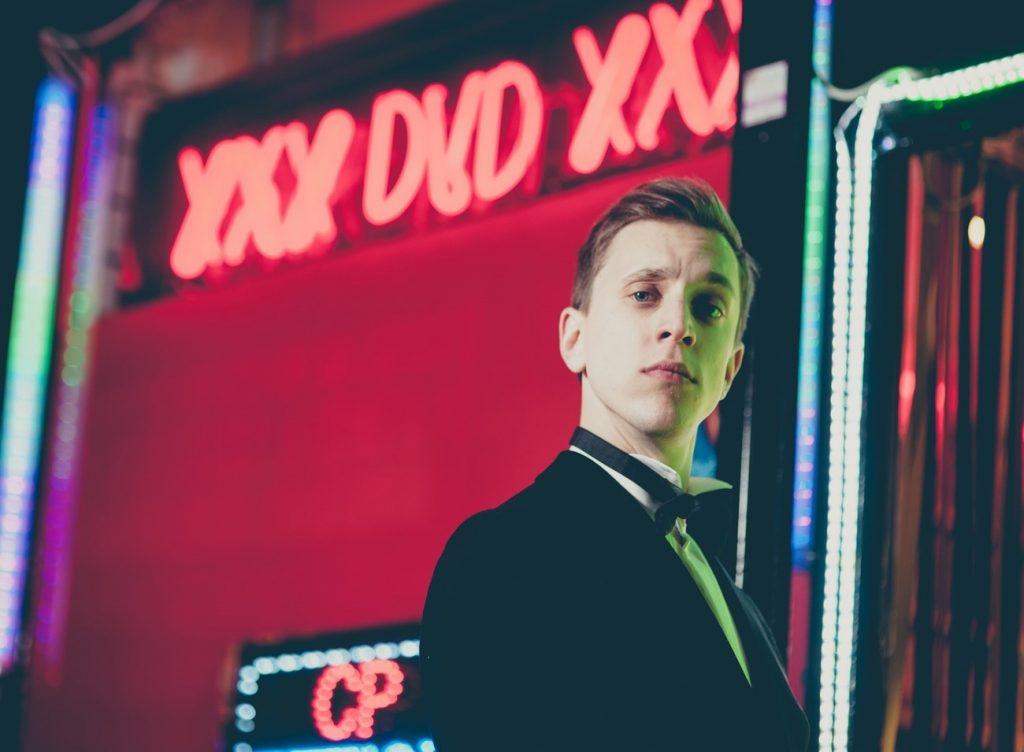
A classically-trained singer, George began his performing career at the tender age of 9 appearing on the ENO stage as a cherub. He then went on to have several solo parts in opera productions, playing the role of Miles in the Turn of the Screw in Athens, Vienna and Edinburgh. After winning Oxford University’s talent competition, Lord Hicks was born and his first video of Azealia Banks’ 212 went viral and now has over 140,000 views on YouTube. After further viral videos interpreting Nicki Minaj and Iggy Azalea, Lord Hicks turned to penning his own songs about being an old-fashioned romantic navigating a modern world. His Grindr Song relates his experience of looking for love on Grindr. He now appears on cabaret stages from London to Liège, delighting audiences with his suave sensibility and consummate musicality.
More stories:
Is the gay scene destroying your self-esteem?
‘What I’ve learned dating HIV-positive guys’
